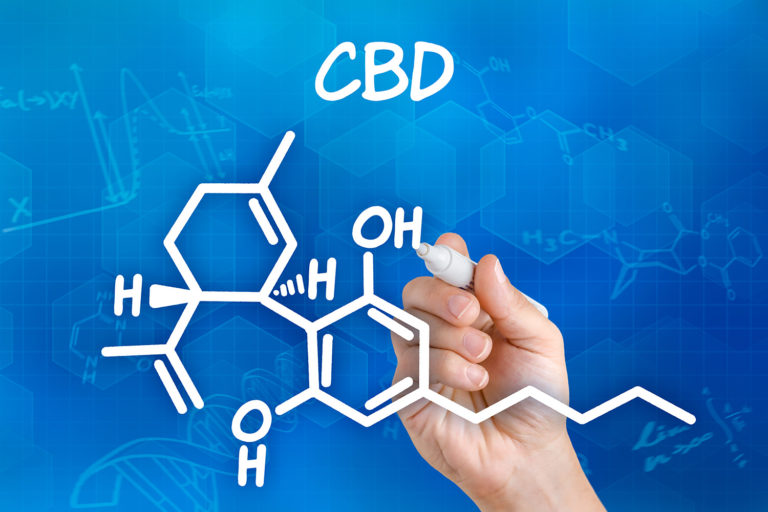SYNTHETIC VS NATURAL CANNABIDIOL

ABSTRACT
Cannabidiol (CBD) is a promising and well-studied medicinal compound found in cannabis. While CBD has a favorable safety profile, the deleterious health effects of synthetic cannabinoids are well documented. The human body is not equipped with the tools needed to catabolize synthetic cannabinoids. Among the enzymes recruited to removing them from the body are Alanine Amino Transferase (ALT) and Aspartate Amino Transferase (AST). The present article is broken into one naturalistic medical observation, and two studies. Each of these is concerned with the ALT and AST levels of patients exposed to cannabinoids. The medical observation is of four patients who mistakenly consumed a dangerous synthetic cannabinoid, JWH-018. Their ALT and AST levels were recorded once. The first experimental study is of six patients that consumed a synthetic CBD derivative, H4-CBD. ALT and AST levels were recorded over 22 weeks. The second experimental study is of 184 patients that consumed natural CBD. ALT and AST levels were recorded over 6 months. Taken together, these studies demonstrate clear differences between consumption of natural CBD, and two synthetic derivatives on ALT and AST levels.